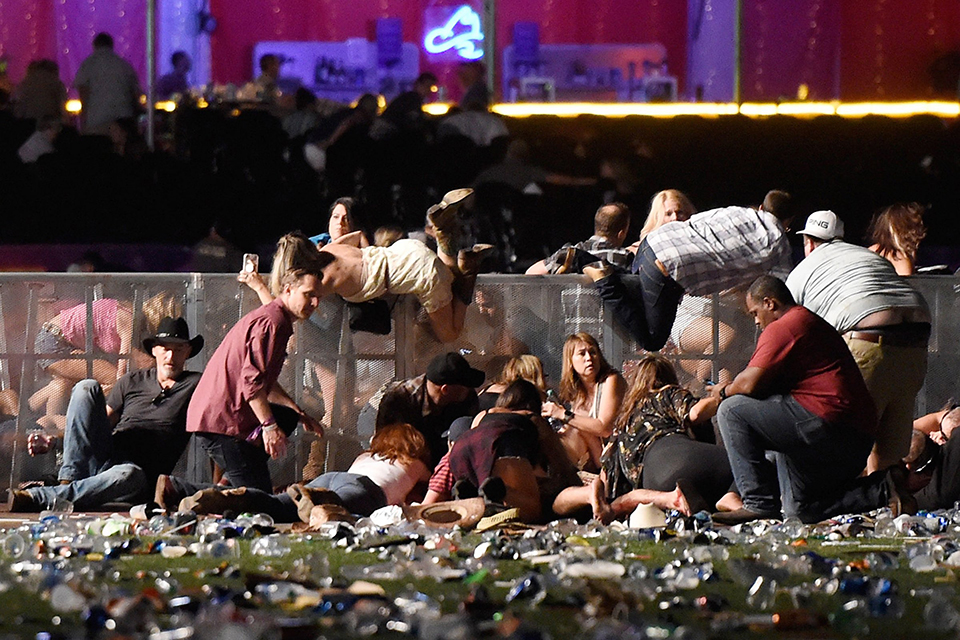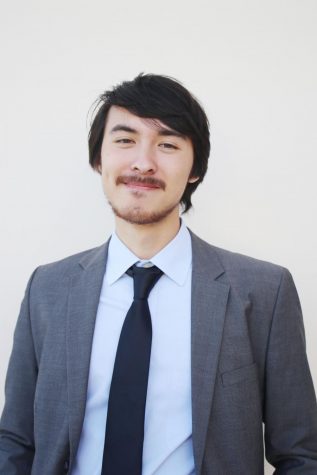Sending shockwaves through campus, a gunman in Las Vegas, Nevada killed at least 59 people and wounded over 500 others during an outdoor concert on Oct. 1.
A deadly day
The shooting has become the deadliest in modern United States history. The gunman, identified as Nevada resident Stephen Paddock, fired from the 32nd floor of a nearby hotel into a crowd of over 22,000 people attending the Route 91 Harvest Festival before taking his own life. Though geographically removed from the shooting, Biola students remain emotionally connected to the area and its inhabitants.
Senior communication studies major Mackenzie Lou has a sister who moved to Las Vegas a year ago. She was attending the concert with a close friend on each side of her. As bullets began flying, both friends were shot, joining the hundreds injured. Lou’s sister remained unharmed.
“Thank God I didn’t lose anyone. The worst was just friends that were injured, but it’s still a traumatic experience, where I woke up to the news and thought like, ‘I might be an only child now.’ It’s terrifying, absolutely terrifying,” Lou said.
Senior music performance majors Rachel Brady and Katie Mullings hosted a time of prayer under the bell tower in response to the shooting on Oct. 4. They believe members of the Biola community need to better comfort each other in light of the attack.
“Our professor brought it up in integration seminar and allowed a 10-minute moment where… one person talked about [the shooting], and you could tell that it was resonating and a lot of people were affected and a lot of people were in pain,” Mullings said. “And then we just kind of moved on from it.”
Mullings has two cousins who attended the concert during the attack but escaped unharmed. After the attack, Mullings and Brady have expressed their displeasure toward attempts to politicize the attack.
to be compassionate
Senior English major and Student Government Association president Gregory Ambrose, whose father works as a bartender on the Las Vegas Strip, also believes it disrespectful to use the attack to push an agenda.
“The thing that angers me most―and I think this is true for any national tragedy but especially when it’s so close to home―is like, do not politicize the thing,” Ambrose said. “There are important discussions to be had about the issues it deals with … but I think it’s more important to just be compassionate, let people process and grieve the event first.”
As Lou continues to process the event, she believes that while there exists a later time for witnessing to those affected, God invites them to grieve.
“I feel like especially in our culture… we don’t lament. We don’t sit in our sadness and in our worries and our terror and say, ‘This is the world we live in,’” Lou said. “God calls us to wrestle with these things. He calls us to sit in our weeds and sometimes marvel at our own destruction and say, ‘This is the world we live in.’ This is why Christ came and is coming.”








